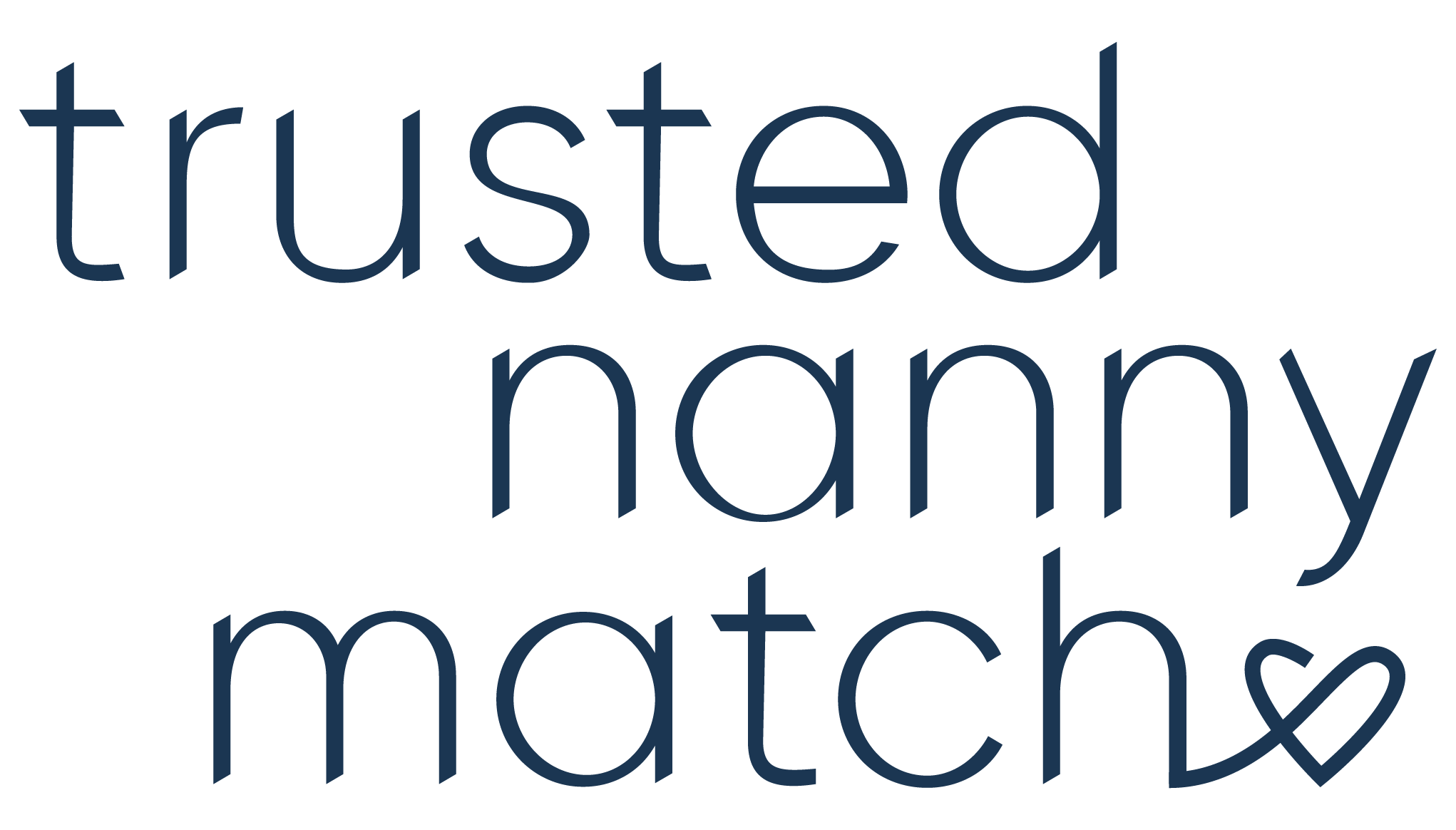Nurturing Growth: The Transformative Power of Positive Reinforcement in Childcare
When it comes to childcare, one key that helps to promote a child's overall development is positive reinforcement. Let’s explore the impact of positive reinforcement in childcare, looking at its role in shaping behaviors, helping build self-esteem, and fostering a foundation for lifelong learning.
1. The Essence of Positive Reinforcement:
Positive reinforcement involves acknowledging and rewarding positive behaviors to encourage their repetition. Unlike punitive measures, positive reinforcement focuses on uplifting a child, creating a nurturing environment that promotes emotional well-being and positive self-perception.
2. Helping Shape Behaviors for the Better:
Positive reinforcement serves as a guiding light in steering children towards positive behaviors. By praising and acknowledging their efforts, caregivers can motivate children to make constructive choices, fostering a sense of responsibility and autonomy.
3. Building Healthy Self-Esteem:
The words and actions of caregivers can strongly influence the shaping a child's self-esteem. Through positive reinforcement, children internalize a sense of worthiness, resilience, and confidence, laying the groundwork for a positive self-image that extends into adolescence and adulthood.
4. Fostering a Love for Learning:
A nurturing environment, rich in positive reinforcement, becomes a fertile ground for curiosity and a love for learning. Celebrating small victories and encouraging inquisitiveness helps children associate learning with positive experiences, setting the stage for a lifelong passion for knowledge.
5. Effective Strategies for Positive Reinforcement:
Specific Praise: Instead of general statements, offer specific praise that highlights the child's effort, behavior, or achievement.
Consistency: Be consistent in acknowledging positive behaviors to reinforce their importance and encourage repetition.
Use of Rewards: Employ a thoughtful system of rewards, which can range from verbal affirmations and stickers to special privileges, depending on the child's age and preferences.
6. The Ripple Effect: Impact on Relationships and Social Skills:
Positive reinforcement is not limited to individual development; it extends to interpersonal relationships. Children who experience consistent positive reinforcement often develop strong social skills, empathy, and the ability to collaborate effectively with peers.
As caregivers and nannies, our role extends beyond ensuring a child's basic needs are met. Through the deliberate and consistent application of positive reinforcement, we can help guide a child's emotional well-being, behavior, and lifelong learning journey. Let's embrace the transformative power of positivity, nurturing the growth and development of the children in our care, one encouraging word at a time.
Connect with us on Facebook and Instagram and be sure to check out the posts on our blog!
If you’re looking for a wonderful nanny, newborn care specialist, family assistant, housekeeper, or other household staff, please reach out to us!
If you’re looking for your next great family to work with as a nanny, newborn care specialist, housekeeper, or other household staff, please connect with us!

